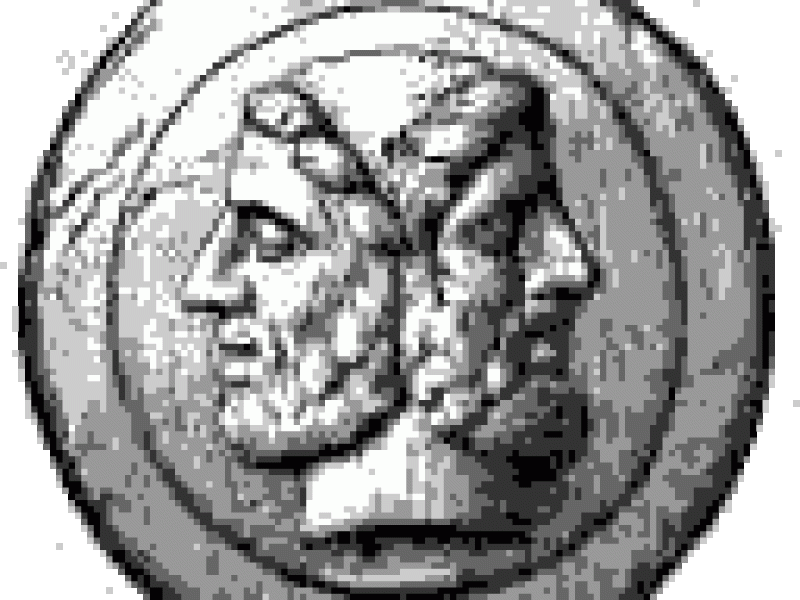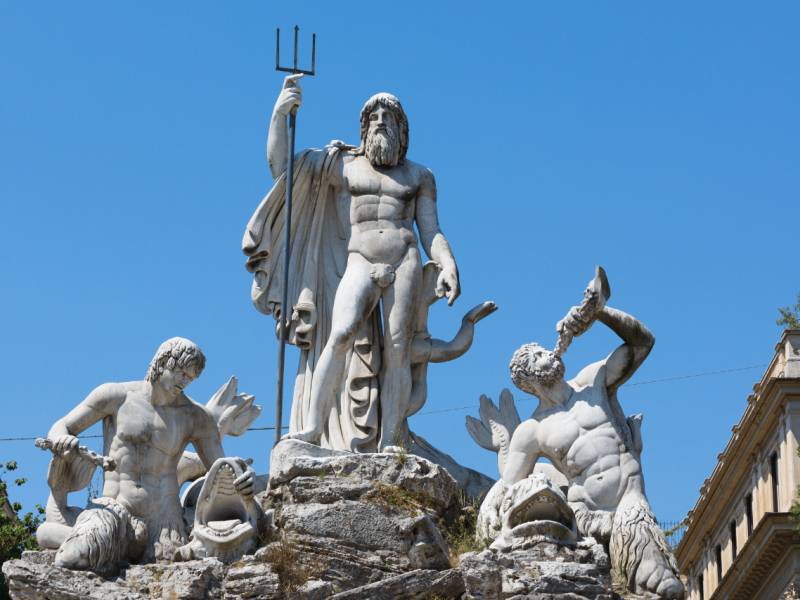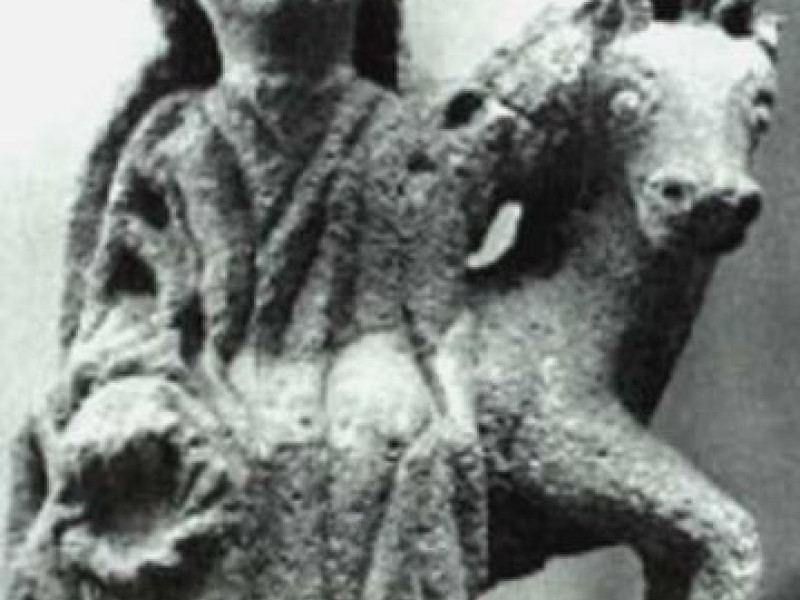Roman Festivals
Below is a list of some of the holidays and festivals that the Romans celebrated. This was mainly gained from the book called Fasti, written by the Roman poet Ovid. Only half of the Fasti survived (January to June). The rest of the dates were gained from other sources.
It should be noted that the Ides of Jupiter was celebrated every month. In March, May, July and October, the Ides were held on the 15th day of the month. On the other months, the Ides were held on the 13th.
The deities are listed in parentheses, beside the name of the festival.
January
9 |
Agonium (Janus) |
11 |
Carmentalia (Juturna) |
13 |
Ides (Jupiter) |
February
13 |
Ides (Jupiter) |
15 |
Lupercalia (Faunus) |
17 |
Quirinalia (Quirinus) |
(Fornax) |
|
18-21 |
Feralia |
27 |
Equiria (Mars) |
March
1 |
Matronalia (Juno) |
14 |
Equiria (Mars) |
15 |
Ides (Jupiter) |
15-27 |
(Cybele) |
17 |
(Liber) |
19 |
Quinquatria (Minerva) |
30 |
(Salus) |
31 |
(Luna) |
April
1 |
Veneralia (Venus) |
4 |
(Cybele) |
13 |
Ides (Jupiter) |
15 |
Fordicidia (Tellus) |
19 |
Ceralia (Ceres) |
21 |
(Pales) |
25 |
Robigala (Robigus) |
28 |
Floralia (Flora, held until May 1) |
May
1 |
(Bona Dea) |
9 |
Lemuria (Lemures) |
11 |
Lemuria (Lemures) |
13 |
Lemuria (Lemures) |
15 |
(Mercury and Maia) Ides (Jupiter) |
June
3 |
(Bellona) |
7-15 |
Vestalia (Vesta) |
13 |
Minervalia (Minerva) |
Ides (Jupiter) |
|
24 |
(Fortuna) |
July
7 |
Nonae Caprotinae (Juno) |
15 |
Ides (Jupiter) |
23 |
Neptunalia (Neptune) |
August
9 |
(Sol) |
13 |
(Diana) |
Ides (Jupiter) |
|
(Vertumnus) |
|
(Pomona) |
|
19 |
Veneralia (Venus) |
21 |
Consualia (Tellus) |
23 |
Volcanalia (Vulcan) |
25 |
Opiconsivia (Ops) |
September
13 |
Ides (Jupiter) |
October
13 |
Fontalia (Fontus) |
15 |
Ides (Jupiter) |
19 |
Armilustrium (Mars) |
29-31 |
Isis |
November
13 |
Ides (Jupiter) |
December
8 |
(Tiber) |
11 |
(Sol) |
13 |
Consualia (Tellus) |
Ides (Jupiter) |
|
17-24 |
Saturnalia (Saturn) |
19 |
Opalia (Ops) |
21 |
(Angerona) |
23 |
(Acca Laurentia) |
There is one noticeable Roman holiday that I would like to say more about.
I am referring to Saturnalia, an annual holiday dedicated to the god Saturn. Saturnalia lasted for several days, beginning on December 17th and ending on the 24th. They were days of merrymaking and exchanging of gifts. Clearly, like the Teutonic winter solstice known as Yule, the Saturnalia was a pagan form of Christmas (December 25th).
By Jimmy Joe



